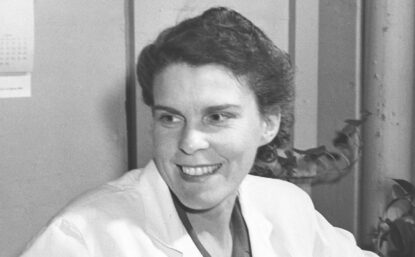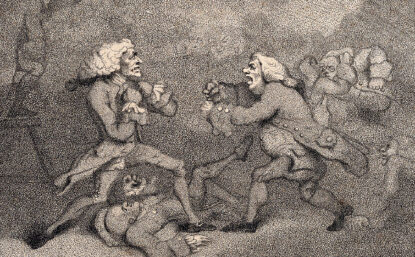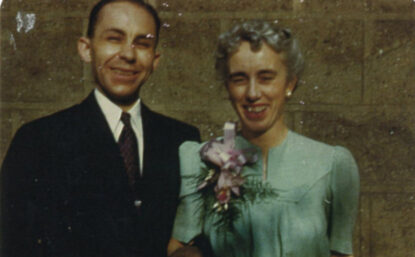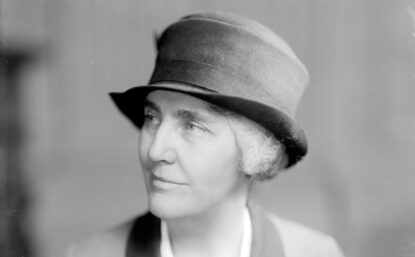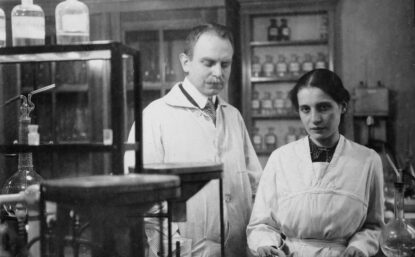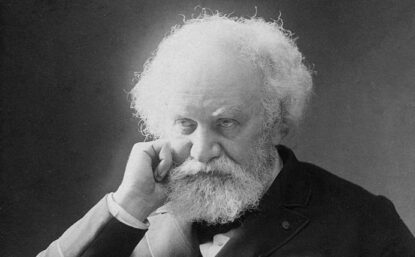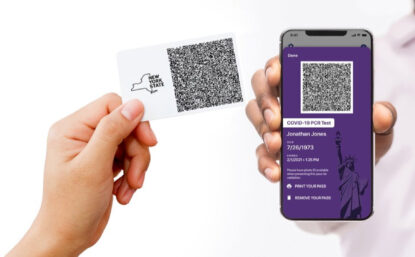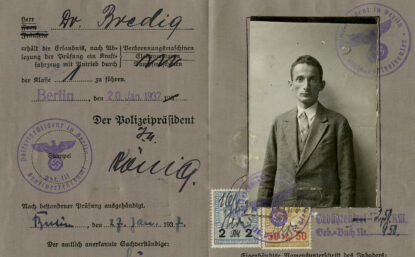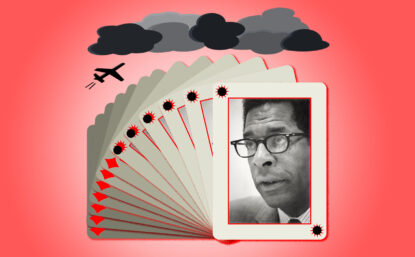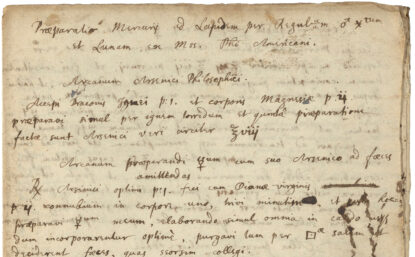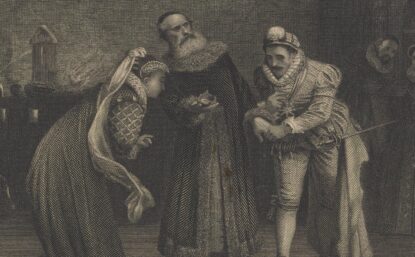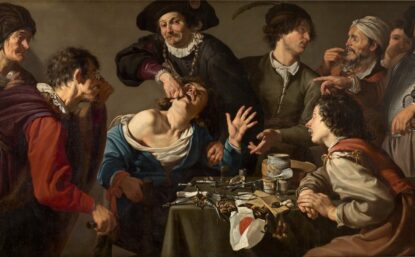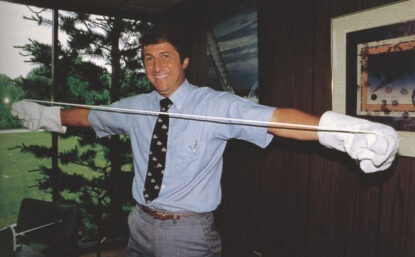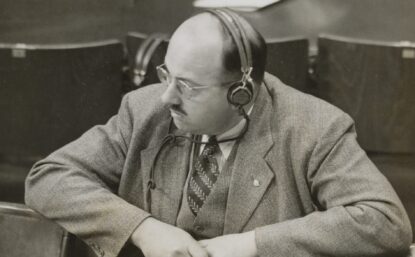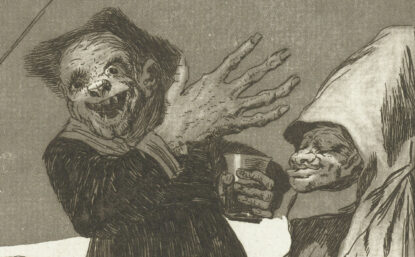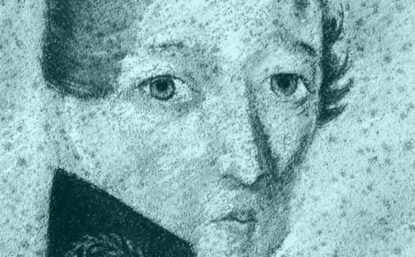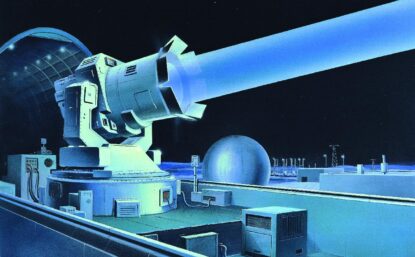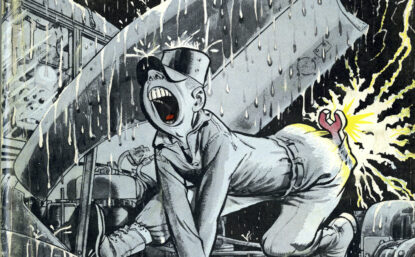Distillations magazine
Red the World Over
How a tiny cactus parasite called cochineal became one of the Spanish Empire’s most lucrative commodities.
Distillations articles reveal science’s powerful influence on our lives, past and present.
Searching for Isabel Morgan
Reconsidering the fate of an overlooked polio fighter.
Vicious Doctors and Cruel Diseases in 18th-Century Jamaica
A scientific dispute takes a violent, absurd turn.
Wayne Woolley’s Marvelously Equipped Mind
What drove a blind biochemist to experiment with LSD?
Lou Henry Hoover, Lost in Translation
Though often celebrated, the adventurous First Lady never received full credit for her scientific accomplishments.
For the Sake of Science
Otto Hahn and Lise Meitner navigated a life of science through war and peace.
The High-Flying, Death-Defying Discovery of Helium
During the War of 1870, astronomer Jules Janssen risked his life for scientific prestige and French patriotism.
COVID-19 Health Passports: What’s Old Is New Again
To speed reopening, government and business leaders are pushing a modern version of a centuries-old idea.
Escape from Nazi Terror
Chemist Max Bredig’s race to save family and friends from catastrophe.
Charles Anderson Chases an Eclipse
A lucky streak sends a meteorologist on the flight of a lifetime.
The Newton Mess
What a manuscript can tell us about an iconic scientist and the history we’ve built around him.
Dr. Butler and the Quest for the Philosophers’ Stone
How searching for alchemy’s secrets helped create modern science.
Quacks, Plagues, and Pandemics
What charlatans of the past can teach us about the COVID-19 crisis.
Bob Gore’s Cozy Revolution
Gore-Tex changed the way Americans went outside.
Leo Alexander’s Unflinching Pursuit
In the waning days of World War II, a psychiatrist raced across Germany to uncover the harrowing abuses of Nazi doctors.
How the Elements Got Their Names
Wicked creatures and a defiant chemist make their mark on the periodic table.
How History Keeps Ignoring James Barry
After 150 years of scrutiny, scholars still misrepresent the British doctor’s life and gender.
The Undying Appeal of Nikola Tesla’s “Death Ray”
Despite a lack of evidence, many have been captivated by the electrical whiz’s most mysterious project.
Comics: Old-School Distance-Learning Tools
How the often-maligned genre was used to train soldiers, explain the weather, and describe the modern world.

